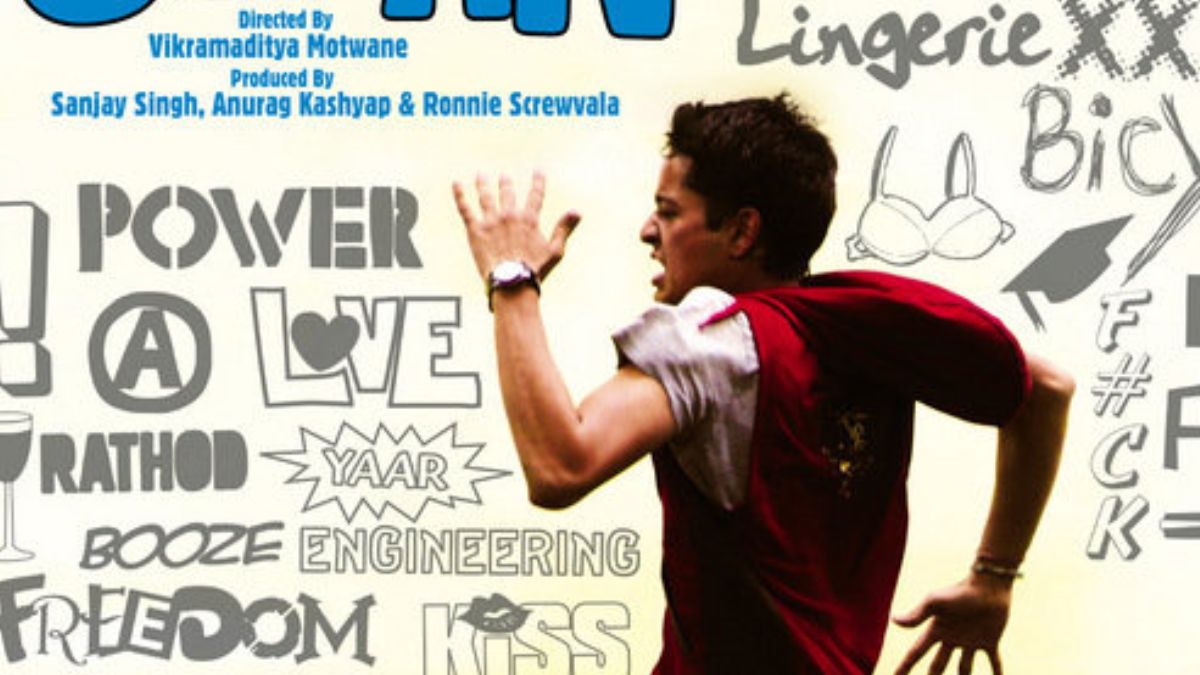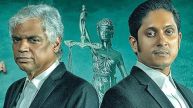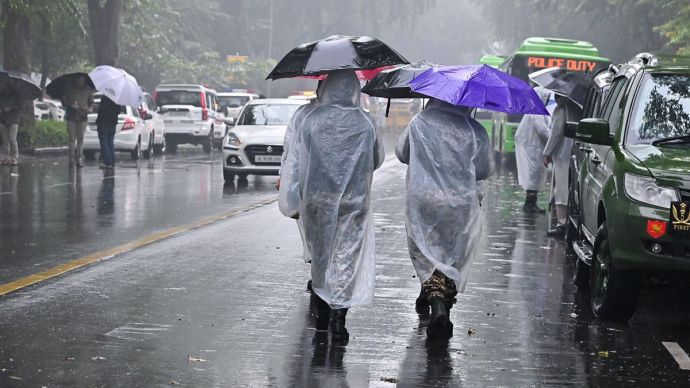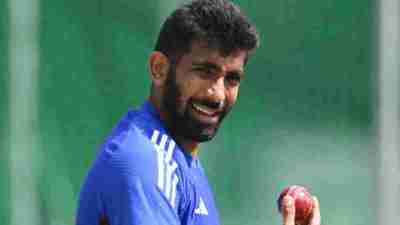Udaan which completed 20 years on July 16, was a ballsy debut by Vikramaditya Motwane who once assisted the angst-laden Sanjay Leela Bhansali and then his angst-cousin Anurag Kashyap. You can see the lasting impression of both the senior creators in the way Motwane designs the uneasy and violent relationship between the 17-year old Rohan (Rajat Barmecha) and his tyrannical father (Ronit Roy) who’s almost villainous in his despotism.
When Udaan is not busy trying to be a regular nudge-nudge-wink-wink coming-of-age film (Billy Elliot-goes-to-Jamshedpur) it gives us some great moments of cinema, done in shades that leave the camera lens far behind to romance the very core of middleclass life (no doubt corroded and outdated) in the soporific ‘steel town’. The film starts with a mildly amusing boys-disastrous-night-out-from-boarding- school sequence and then quickly gets down to the serious business on hand of telling us that Rohan’s father has not met his son for eight years. Why? We never really get to know.
And this remains the otherwise-exemplary work’s one biggest flaw. Though played with energetic antipathy by Ronit Roy, the father’s unreasonable autocracy makes the man appear as no more than a subtle caricature of lousy parenting.The delicate moments emerge in the tale of self-realization through Rohan’s inner moral churning and of course through the young actor Rajat Barmecha’s instinctive understanding of his character’s turmoil. Barmecha’s expressions of anguish rage helplessness and finally retaliation and protest are so smoothly conveyed, you almost feel he is playing a character he knows first-hand.Barmecha gives the narrative a compelling consistency.Director Motwane does the rest. His eye for visual and emotional detail is never over-punctuated. A certain delicacy even when tackling a subject as thorny as the father-child domestic violence runs through the narrative, rendering the characterizations and their motivations not only lucid but eminently palatable and engaging.It’s interesting to see how Motwane employs the tradition misunderstood-protagonist-against-a-heartless-word formula to the coming-of-age saga.
Barmecha’s poet-hero is a clever subverted carryover of Guru Dutt in Pyaasa.In Pyaasa Dutt stood up to an insensitive world. Here in Udaan it is the violent father who won’t let his son be a poet. This rare and precious film about straitjacketed claustrophobic middleclass values derives its strength from the unpunctuated uncluttered dramatic force that emerges from the main relationships.
By the time Rohan walks out on his loutish father with his little stepbrother we are no longer looking at Dilip Kumar and Amitabh Bachchan’s uneasy father-son rapport in Ramesh Sippy’s Shakti. We are on to something far more disturbing and contemporary.Each time the despotic father in Udaan raises a hand to toast terror he raises uncomfortable questions on child abuse and its parameters within the Great Indian Middleclass Family.In Hrishikesh Mukherjee’s Anupama the disgruntled father Tarun Bose would not look at his traumatized daughter Sharmila Tagore because he lost his beloved wife during child birth.In Udaan the father holds the son culpable for crimes that we can only decode in the detailed episodes showing the son’s rebellious streak.If God lies in the details, so does the devil.
Udaan not only changed the source of Ronit Roy’s career, it also caused him serious physical injuries.
Recalls Ronit, “The end race, the climactic sprint, was shot over three, four days in Jamshedpur. And on the first day itself, I tore my thigh muscle very badly. It was so bad that I couldn’t even walk. But you know, even after that, we shot for four days because we had to finish the sequences. There was, after every shot, kgs of ice used to be put on my thigh to numb it, painkillers, etc, etc. So, physical challenges were of that level.Thenn the boy my screen son(Rajan Barmecha) leaving the house scene, when he punches me, he landed a punch on my nose. My nose cracked in three parts. I went to the hospital, I went back, I finished the scene, you know, with a bleeding nose. And then of course, when it healed, we finished the film. So, like I said, there were challenges on multiple levels. Of course, there were mental challenges also to do the role, to deliver performances the way Vikramaditya wanted it.”
Being a gentle father in real life it wasn’t easy for Ronit to verbally and physically assault his screen son. “As far as the character was concerned, I mean, I’m obviously not like that in real life. I’m completely opposite. I’ve never yelled at my children also. But no, no, no real mental agony or anything like that. You know, just I guess an actor, I’m that kind of an actor when I’m in a role, I’m in a role. So, I don’t really think about it.”
Udaan was a breakthrough film for many people on many levels and so for me too. Udaan made a lot of industry people and critics sit up and take serious notice of me. It felt so good for my performance to be appreciated by some top filmmakers and critics alike.
Ronit says Udaan opened new doors in his career. “Udaan was the crossover to the next level as an actor for me.I’m happy that that respect has now grown over the years. Udaan was pretty much the switchover for me from television to the big screen. Also being officially nominated at Cannes and waking the red carpet with the team of Udaan is an unforgettable episode of my life.When we were shooting it, there were many hurdles to cross and all of them were very difficult. It was a film that was made on a shoestring budget. So, there were a lot of challenges that had to be met. Of course, we met them effectively.”
Ronit is often pitched against actors, superstar, who don’t have an iota of his talent. “Yeah, Subhashji, a lot of people, you know, many, many pieces of work that I’ve done, the audience has told me that you were so much better. But that’s not the way I think. I never think about what and how much the other person is doing and what his strategy is and what her strategy is. I just go out there, do my job. My job is to, you know, understand what the director wants. And then, you know, I have a certain race with myself. And, you know, I’m not happy, never happy with 100%. So, I’m always looking for that, you know, little level up in my performances, you know, those little things that haven’t been done before or, you know, those areas in a role that has been done a lot of times, but those areas that in those roles that haven’t been explored. So, I try and bring that to the table. I do my job, I go home, and then what happens, happens. So, I don’t really think of, you know, this, I quote, stealing the thunder and all those things. I’m a simple person, I think in a very simple way. And that’s about it. But seriously…… I am now waiting for my next Udaan to come .Heard this line years ago and it has stuck to me and I quote ‘Is parinde main ab bhi jaan baaki hai Ab bhi Kayee Udaan baaki hai’.
ALSO READ: My Monsoonal Lata Mangeshkar Connection With Katrina Kaif Kaushal












